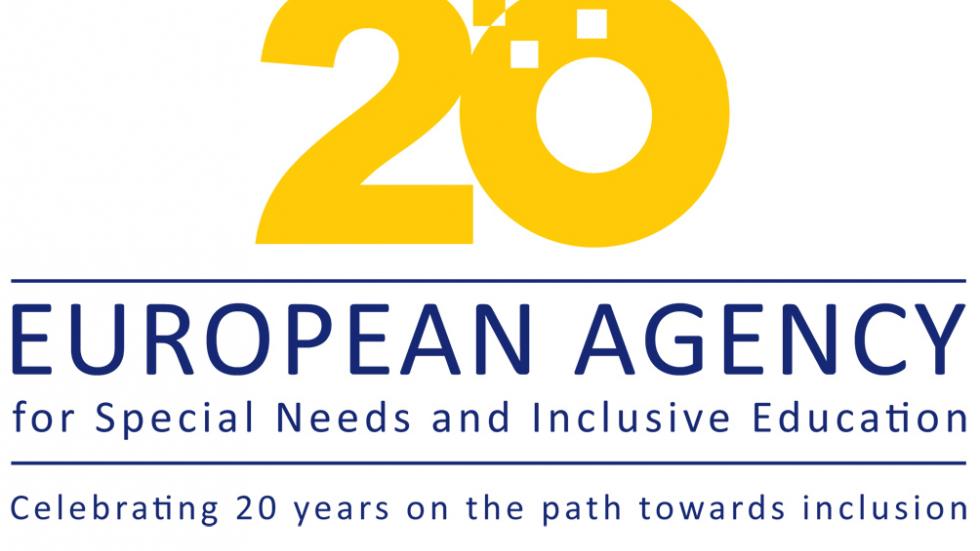Twenty years ago, the Agency was created at the initiative of the Danish Government, supported by representatives from the ministries of education in 17 European countries. The aim was to create a platform for co-operation where countries could learn from each other in the field of special needs and inclusive education.
Since 1996, the number of Agency member countries has been steadily increasing. By August 1999, all the member countries had assumed equal governance of the Agency. It is now a recognised European body with an extensive network that collaborates with stakeholders in member countries and with international organisations in the field of education.
In 2014, the Agency changed its name from European Agency for Development in Special Needs Education to European Agency for Special Needs and Inclusive Education. The name change reflects a paradigm shift towards a rights-based approach to supporting the active participation of all learners. Rather than integrating learners with special educational needs into a ‘mainstream’ school environment, now the focus is on adapting education systems to meet the needs of all learners.
New developments in ways of thinking and in policy are articulated in the priorities of the European Council of Ministers, the United Nations Convention on the Rights of Persons with Disabilities (UNCRPD, 2006) and the UN Convention on the Rights of the Child (1989). According to the policy developments, in addition to the right to education, it is essential that learners’ rights within education are also respected, ensuring their full participation in their schools and in society.
Though legislation and policies differ from country to country, in 2015 the 29 Agency member countries agreed on an ultimate vision for inclusive education systems. This vision advocates that all learners of any age be provided with meaningful, high-quality educational opportunities in their local community, alongside their friends and peers.
Inclusion is an on-going process and its importance is ever more crucial in developing more inclusive societies. Twenty years ago, member countries’ goals and paths towards inclusion converged and materialised as the Agency, which has been playing an important role ever since by helping countries to improve their inclusive education policies and systems.
